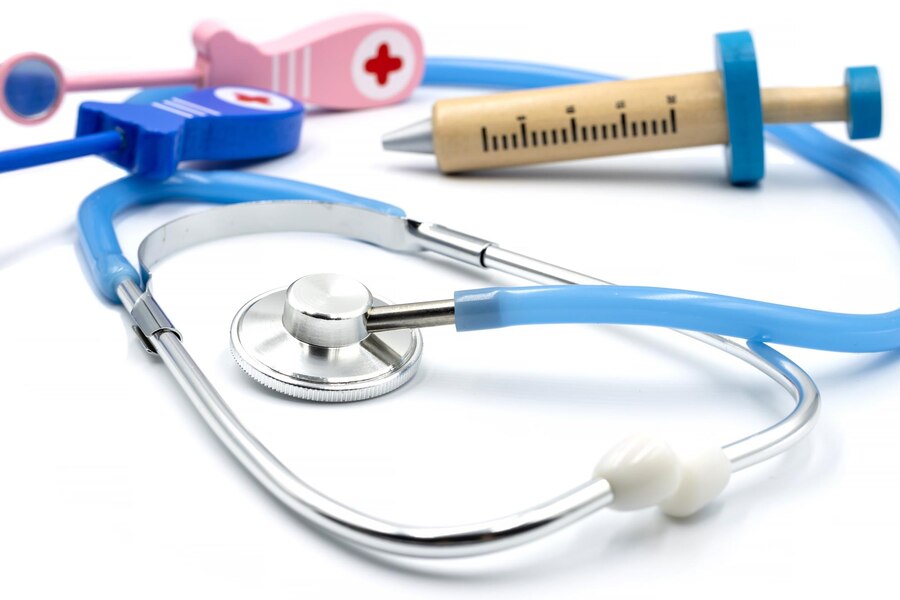DeCODe Consortium Aims to Develop New Medical Devices for Children with Rare Diseases
DeCODe consortium to develop paediatric and orphan medical devices, focusing on rare diseases in children.
Breaking News
Sep 13, 2024
Mrudula Kulkarni

The European Commission-backed DeCODe consortium, led by the
University of Twente (UT), is set to drive innovation in healthcare by focusing
on developing medical devices for children with rare diseases. Comprising
clinicians, researchers, industry experts, and regulators, the group aims to
create a platform for designing safe and effective paediatric and orphan
medical devices, addressing a significant unmet need.
Few medical devices are tailored specifically for rare
diseases or children, leaving gaps in care for both patients and their
caregivers. DeCODe seeks to fill this gap through a two-step approach. First,
the initiative will map key stakeholders and develop pathways for new
paediatric and orphan technologies. In March 2025, DeCODe will launch grant
applications to support five developers. The platform will track their
progress, including device prototypes, clinical data collection, and regulatory
approvals.
This initiative is expected to lead to the approval and
implementation of 3-5 new medical devices for rare disease care, offering
significant advancements in the field.
The DeCODe platform is open to developers across Europe,
including patient-led groups, academics, and small-to-medium enterprises.
Interested applicants can apply in Spring 2025, when the official website is
launched.
The consortium is co-financed by the EU4Health program, with
Dr. Anneliene Jonker of UT leading the project. It will collaborate with the US
Alliance for Pediatric Device Innovation, a similar FDA-funded initiative in
the United States.
